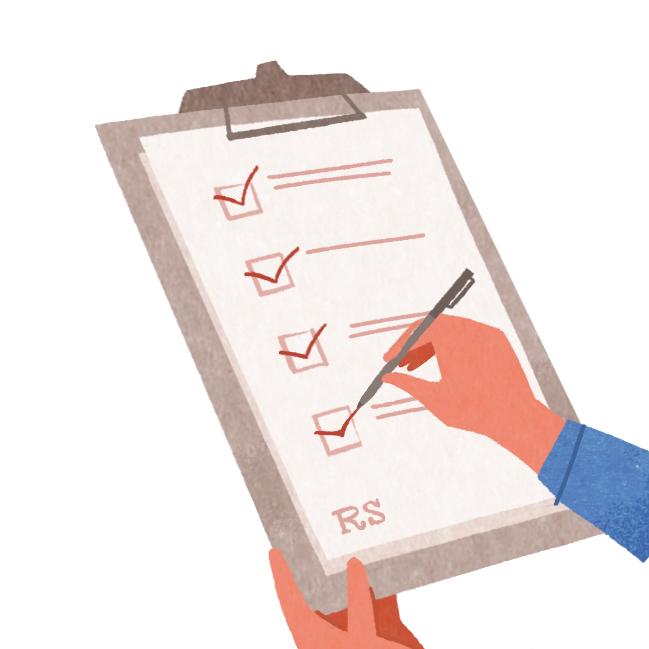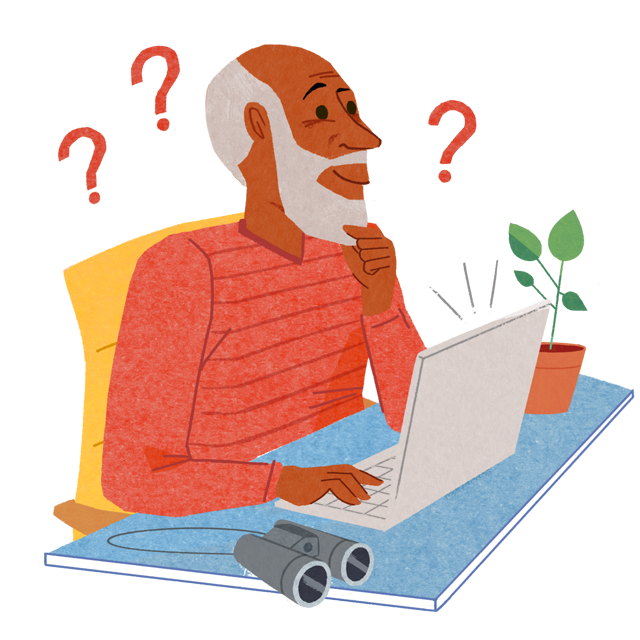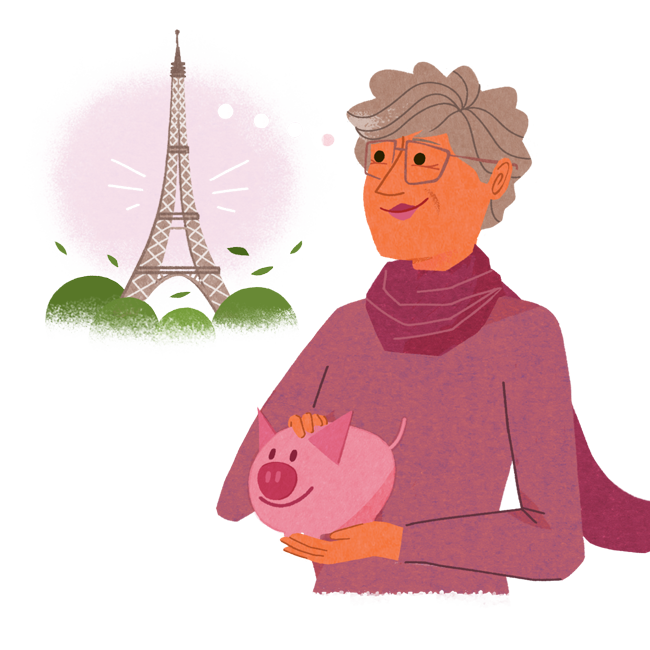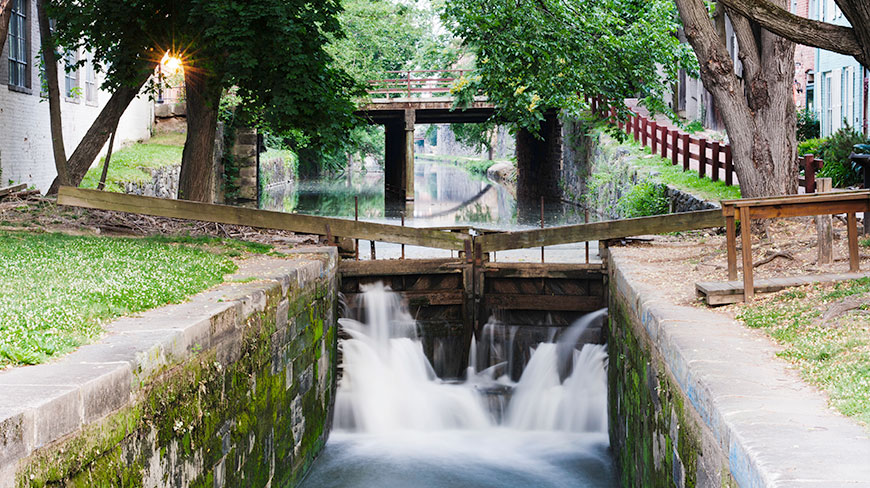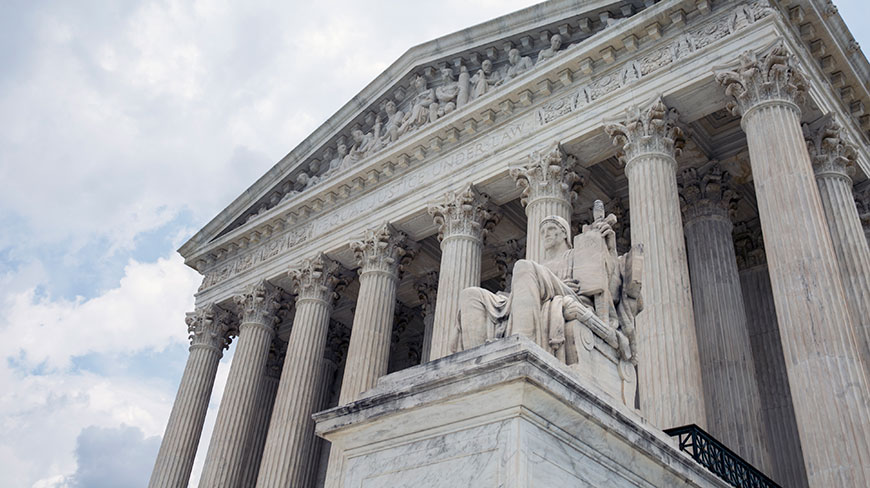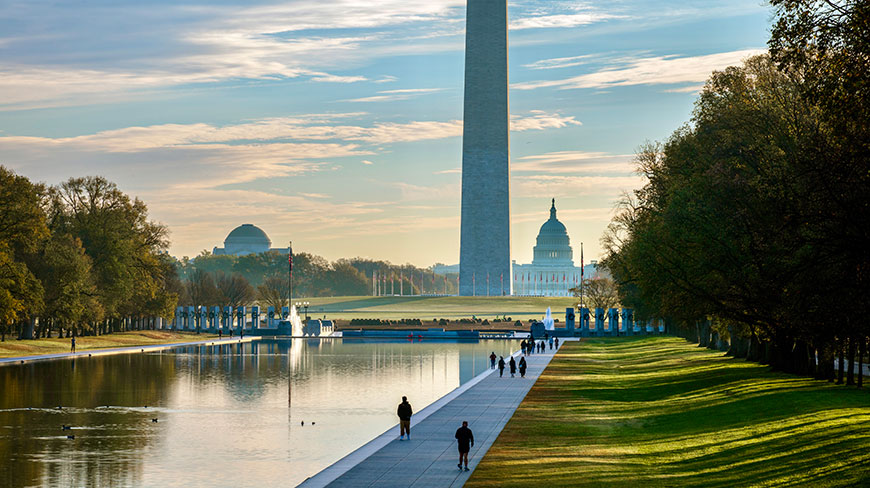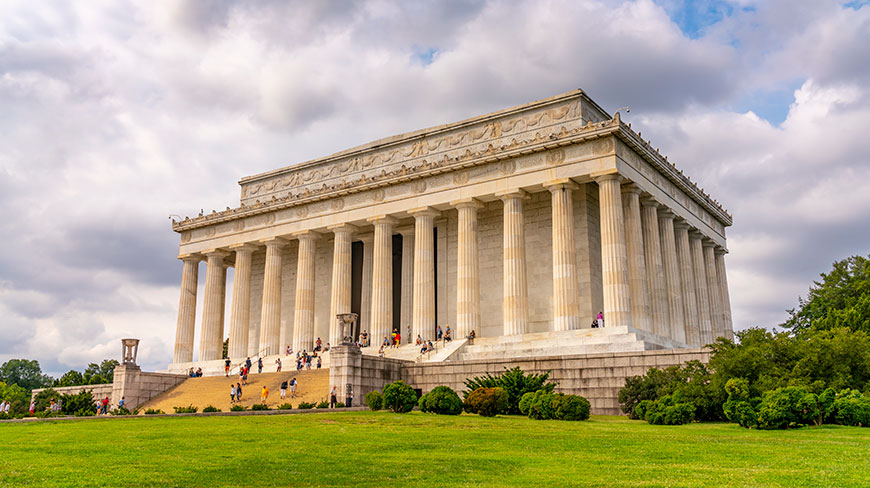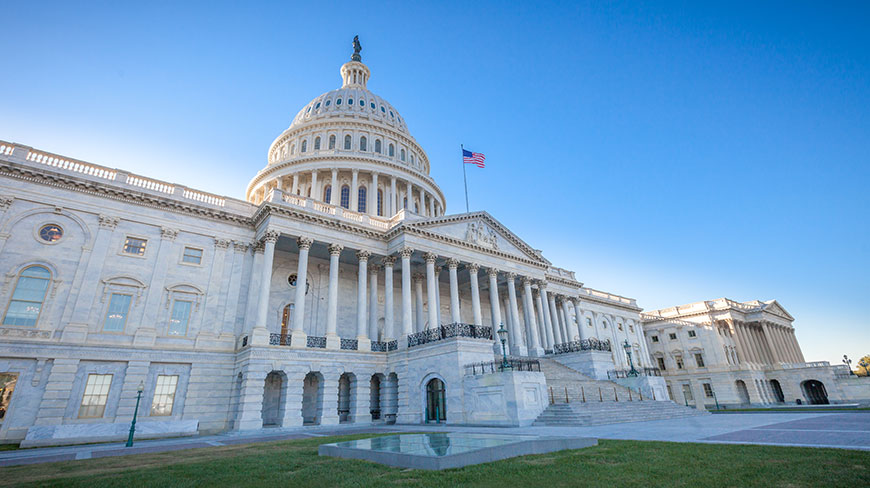Plane
Arrival day is on Wednesday, October 21, 2026.
Meet the group at AC Hotel Arlington National Landing in Virginia
Start of Trip: 4:00 p.m. hotel check-in and Program Registration; 5:00 p.m. Orientation; 6:00 p.m. Welcome Dinner.
Getting to the site: Blue Shuttle and taxis are available from all major airports. Most hotels are Metro accessible (within walking distance or the hotel provides a Metro shuttle).
Getting to the site by train or bus: Participants can take Amtrak into Union Station. Union Station is Metro accessible as are most of the hotels. The Trailsways station is also in Washington, D.C. near Union Station.
Your trip ends on: Monday, October 26, 2026 in Virginia at AC Hotel Arlington National Landing
End of Trip: 10:00 a.m. after final lecture; 12:00 Noon hotel check-out.
Getting to the airport: Blue Shuttle and taxis are available to all major airports. Most hotels are Metro accessible (within walking distance or the hotel provides a Metro shuttle).
Ground Transportation Options
Program Arrival Airport
Baltimore-Washington Int'l Thurgood Marshall Airport (BWI) to AC Hotel Arlington National Landing
The estimated travel time to the check-in location is
approx. 1 hour
.
The estimated distance to the check-in location is
approx. 40 miles
.
BWI Airport Taxi
Taxi
Phone: 4108591100
Cost: Please check with driver for current rates. Prices are subject to change.. Prices subject to change.
*Advanced reservations are not required.
Taxi stands are located outside the baggage claim area on the Lower Level of the BWI Marshall Airport terminal near doors 5, 13, and 14. Please note that this service is available from BWI Marshall Airport only. For cab service to BWI Marshall Airport, please consult your local cab company.
Program Arrival Airport
Dulles International Airport (IAD) to AC Hotel Arlington National Landing
The estimated travel time to the check-in location is
1 hr 15 min
.
WMATA Metro
Public Transportation
Phone: 2026377000
From Dulles Airport Main Terminal & Arrivals/Door, follow the signage for Dulles Airport Station. You may utilize the Dulles Airport Walkway to the Washington Dulles Tunnel to Mezzanine.
Directions from the Dulles International Airport Metro station to the AC Hotel: On the Silver Line, board a Largo-bound train to Rosslyn Metro station. At Rosslyn metro station switch to the Blue Line and board a Franconia-Springfield-bound train to Crystal City Metro Station. Take the escalator to street level, following the signs for S Bell St & 18th St S. Head east toward Crystal Dr and then turn right on Crystal Dr. Turn right onto 20th St S and the hotel will be on the right. The AC Hotel Arlington National Landing is a 13 minute walk from the station.
Program Arrival Airport
Ronald Reagan Washington National Airport (DCA) to AC Hotel Arlington National Landing
The estimated travel time to the check-in location is
15 min
.
WMATA Metro
Public Transportation
Phone: 2026377000
Directions from the airport terminals to the Ronald Reagan Washington National Airport Metro station: Terminal B and C: Use either of two enclosed pedestrian bridges on the concourse level which connect directly to the station.
Terminal A: Exit the terminal to the streetside curb, and board any “Airport Shuttle” bus. At the stops for Terminal B/C or Parking Garages B and C you can access an enclosed bridge which connects to the Metrorail station.
Directions from the Ronald Reagan Washington National Airport Metro station to the AC Hotel: On the Yellow Line, board a Mount Vernon Square-bound train from Ronald Reagan Washington National Airport Metro station to Crystal City Metro station. Take the escalator to street level, following the signs for S Bell St & 18th St S. Head east toward Crystal Dr and then turn right on Crystal Dr. Turn right onto 20th St S and the hotel will be on the right. The AC Hotel Arlington National Landing is a 13 minute walk from the station.
Program Arrival Airport
Ronald Reagan Washington National Airport (DCA) to AC Hotel Arlington National Landing
The estimated travel time to the check-in location is
5 minutes
.
The estimated distance to the check-in location is
1.5 miles
.
Marriott Shuttle
Hotel Shuttle
Phone: 7034135500
Cost: Complimentary. Prices subject to change.
*Advanced reservations are not required.
The airport shuttle runs 7 days a week from 5:05am-12:00am. The first shuttle departs the hotel at 5:05am and runs between the hotel and Reagan National Airport every half hour. The last departure from the hotel is 11:35pm with the last airport pick-up at 12:00am.
Pick-up locations:
Terminal 1 – adjacent to the taxi stand
Terminal 2 – lower arrivals level between doors 4 and 7
Program Arrival Airport
Washington Dulles International Airport (IAD) to National Landing Hotel Crystal City
The estimated travel time to the check-in location is
approx. 45 minutes
.
The estimated distance to the check-in location is
approx. 30 miles
.
Washington Flyer Taxi
Taxi
Phone: 7035728294
Cost: Please ask ground transport agent directly for rates. Prices are subject to change.. Prices subject to change.
*Advanced reservations are not required.
No reservations are necessary for taxi service. Simply follow the signs for Ground Transportation or Taxi to the lower level of the Terminal, DOWN the ramp to Door 1 or Door 7. A customer service representative is available 24-hours a day.


